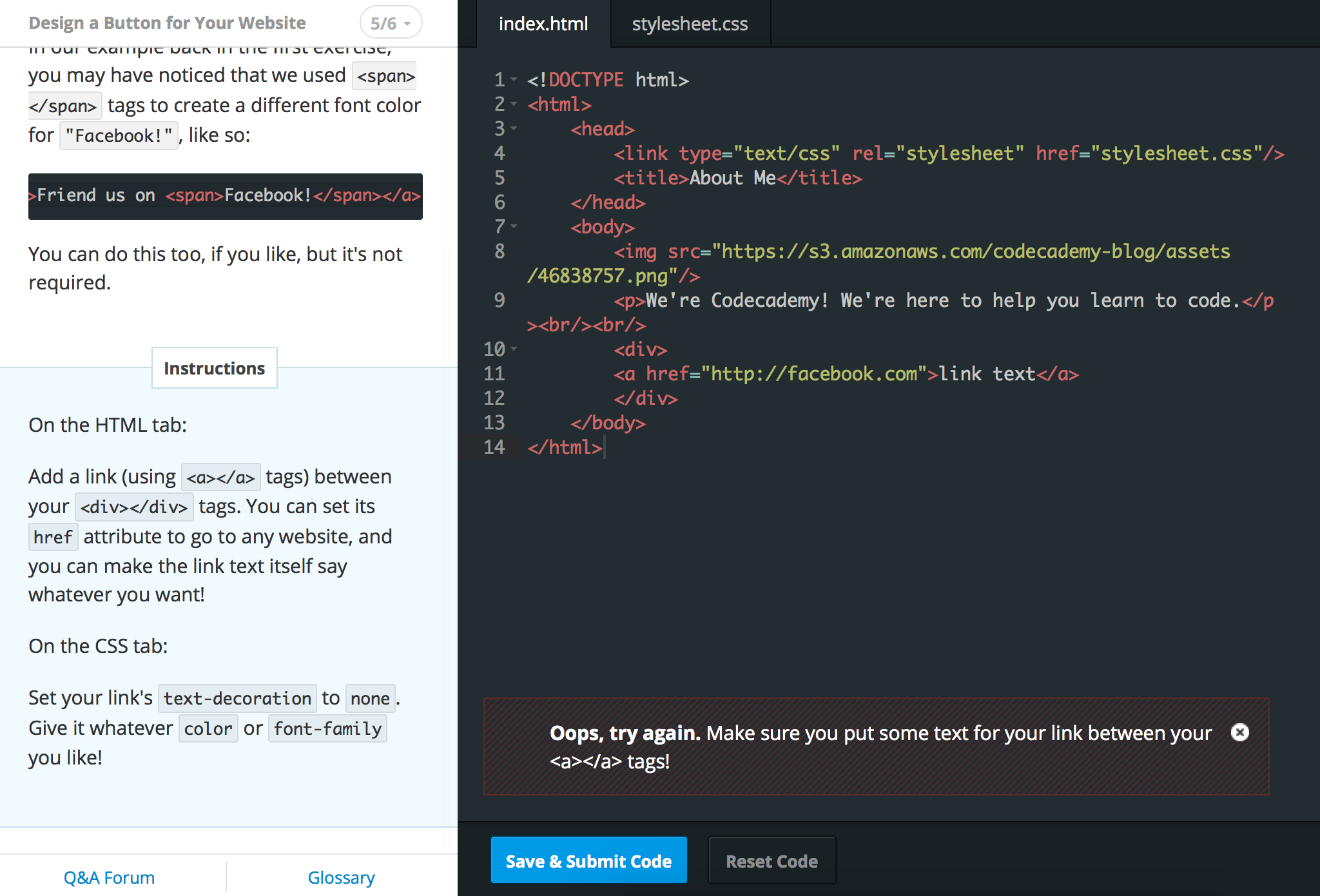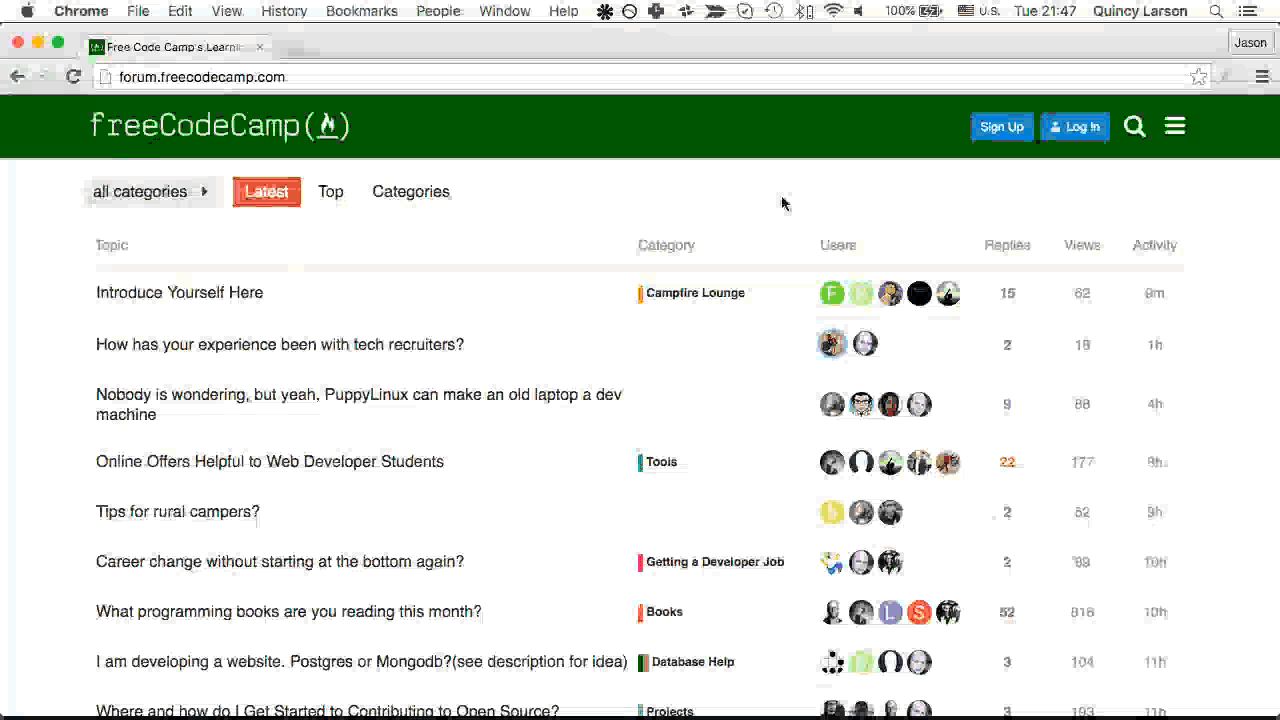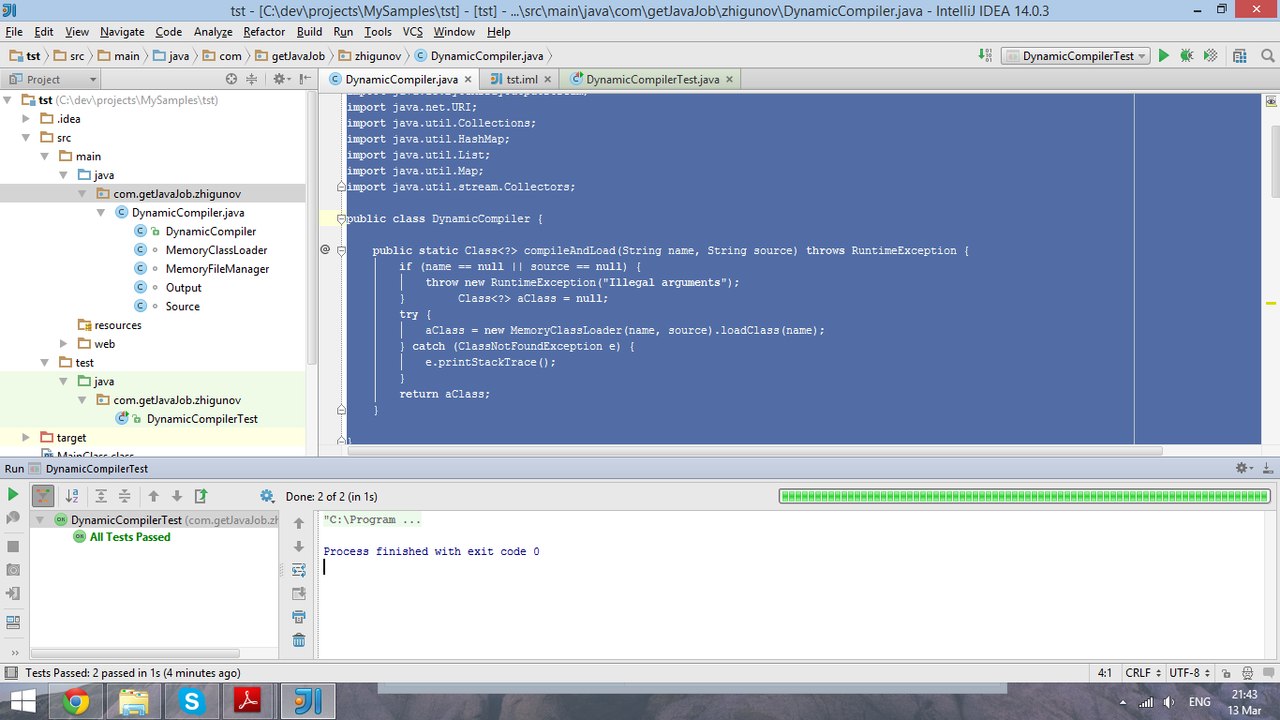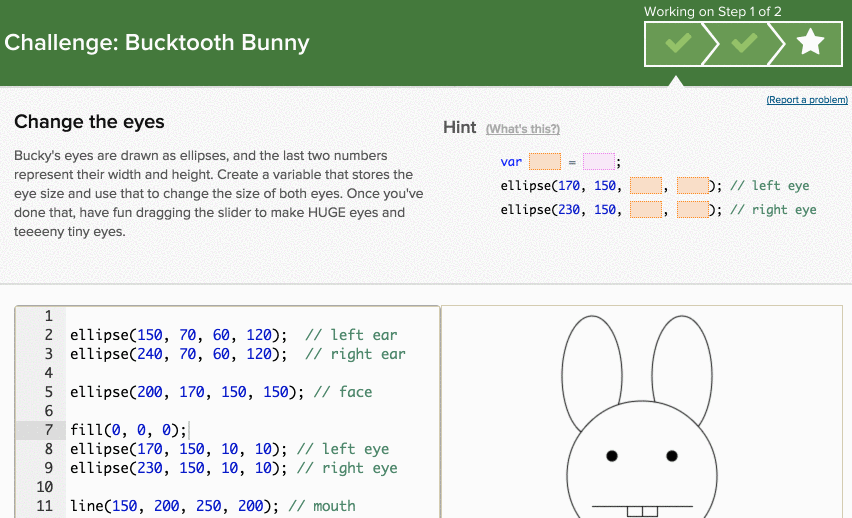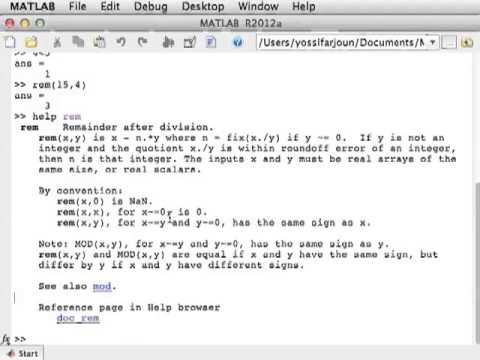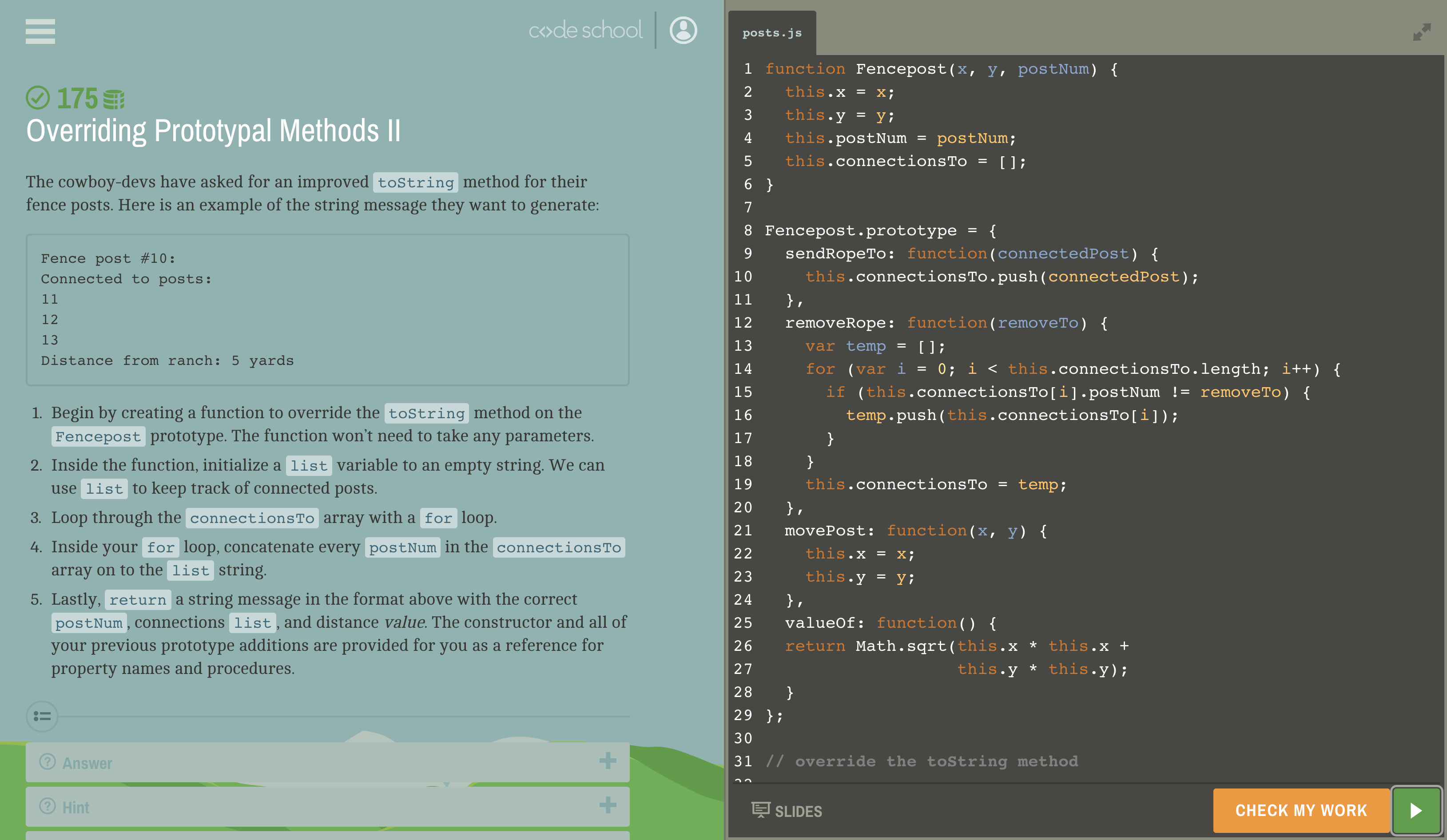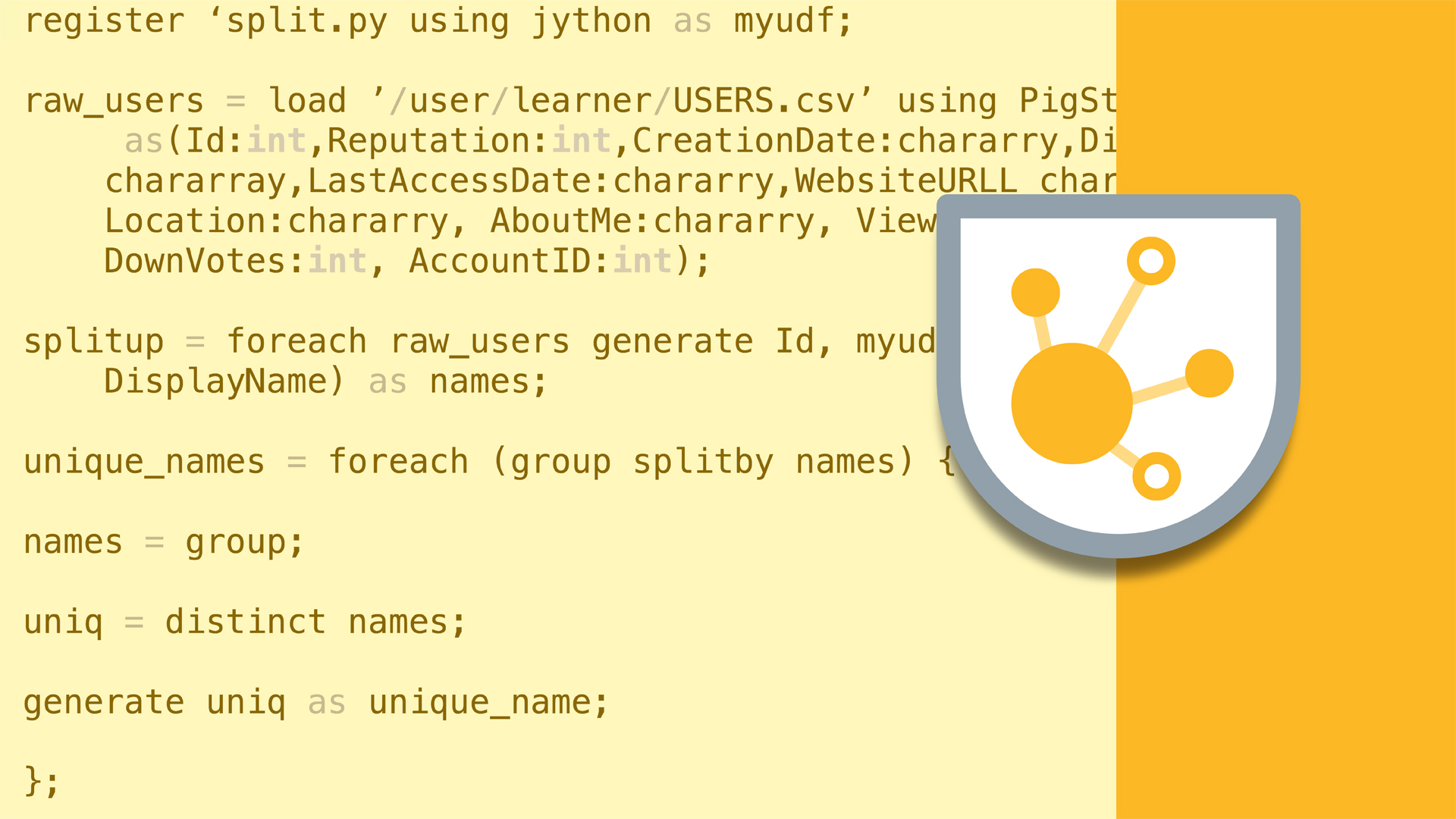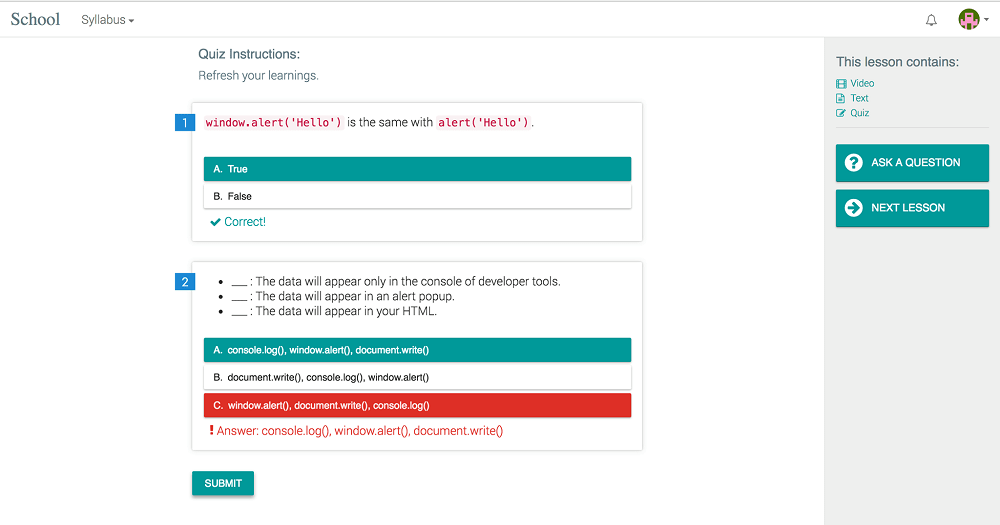With the explosion of so many successful digital products and services in recent years, more and more people want to learn how to code. There are many useful resources online, and many of them are available in Malaysia. Here are twelve options to consider, including both free and paid services.
Free
1. Code Academy
Work at your own pace with lessons that are designed almost like games. Lessons are interactive and you can choose to begin whichever lesson you want in your preferred order.
What you can learn: HTML, CSS, JavaScript, PHP, Python, Ruby, Angularjs, The Command Line, and more
Features: You can upgrade to a paid subscription for access to extra resources like a personalised learning plan, quizzes, real world projects, and live help from experienced coders.
Website: www.codecademy.com
2. Free Code Camp
Free Code Camp is an open source community that offers coding challenges, which you can tackle at your own pace. You’ll build projects and earn verified certificates as you go along. Since it’s more of a community, you’ll also be connected to fellow coders on the site. After completing a set number of hours on challenges, you are then invited to code for nonprofit organisations, working with another student and supervised by a volunteer project manager and a stakeholder from the nonprofit.
What you can learn: HTML5, CSS3, JavaScript, Databases, Node.js React.js, D3.js
Features: A forum to interact with fellow student coders, build projects for nonprofits, earn a verified certificate
Website: www.freecodecamp.com
3. CodeWars
CodeWars operates as a game. You should have some basic coding knowledge before starting out on CodeWars since you have to pick a language to start with. The whole process is designed for you to master your skill of using a particular language, or practice a new language. You have to solve challenges called ‘kata’, which are created by the community to strengthen different skills. You will earn ranks and honours as you complete different challenges of different levels, and eventually you can create your own kata for the community.
What you can learn: CoffeeScript, Elixir, Java, PHP, Python, Ruby, and more
Features: A forum to interact with fellow coders, create your own coding challenges
Website: www.codewars.com
4. The Odin Project
The Odin Project is an open source database with a structured curriculum prepared for anyone who wants to learn how to code. The curriculum is divided into seven sections, each focusing on a specific skill, complete with challenges to help you hone those newly acquired skills as you go along.
What you can learn: web development, Ruby, HTML5, CSS3, JavaScript
Features: a structured curriculum to follow, guidance on how to start a career as a web developer
Website: www.theodinproject.com
5. Coursera
Coursera has a robust library of interactive online videos taught by professors from some of the best universities around the world, including Johns Hopkins, Stanford, University of New South Wales, and University of London. Coursera connects students to hundreds of free courses in various fields, including computer science. You can choose to enrol in a course for free, or pay a small fee to receive a certificate from the university when you complete a course.
What you can learn: Python, Java, HTML, Ruby, game design, application development, web design and a much more
Features: Structured courses with videos, lecture notes, and quizzes; certificate universities (paid) or Coursera certificate (free)
Website: www.coursera.org
6. Khan Academy
Another open source learning space, Khan Academy provides videos, exercises, and a personalised learning dashboard for people to study at their own pace. They offer lessons in math, history, economics, computer programming, and more for all levels of learners. Khan Academy also offers specialised content created with partner institutions like NASA, The Museum of Modern Art, and Michigan Institute of Technology (MIT). The site also offers tools for parents and educators to help them coach their students according to their needs.
What you can learn: Java, CSS, HTML, animation, web development
Features: Personalised learning dashboards, wide range of exercises and lessons, catered for all ages
Websites: www.khanacademy.org
7. EdX
EdX was founded by MIT and Harvard University in 2012. It is a massive open online course (MOCC) provider that offers courses from the worlds best universities to students everywhere. It hosts university level courses, free and paid, making course materials accessible to all.
What you can learn: practically everything
Features: Earn university credits
Website: www.edx.org
8. MIT Open Courseware
On this website, MIT makes available all their course materials for free. Anyone can access the materials without having to register or pay. You can access course materials from MIT here from any subject including programming and coding. This resource is best suited to those who want to further their knowledge of coding or hone their skills. It’s like being a student at MIT without having to fork out the heavy annual fees or to attend lectures.
What can you learn: anything that MIT offers
Features: No resgitration required, free access to all MIT course materials
Website: ocw.mit.edu
Paid
9. Code Avengers
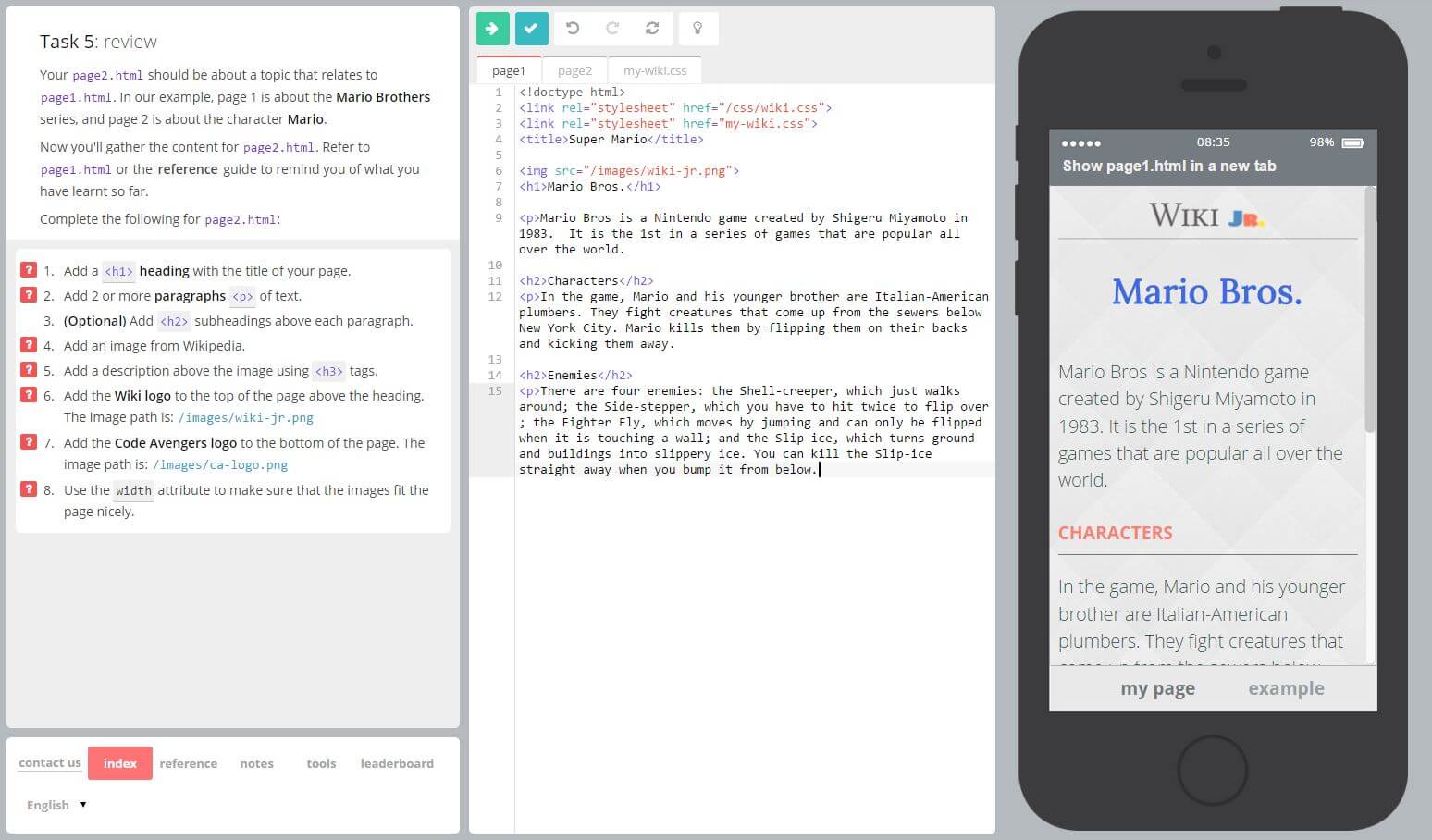
You can learn to code with Code Avengers by going through step-by-step instructions, watching instructional videos, taking quizzes and completing code challenges while engaging with expert educators and the community. Advocating a hands-on learning approach, Code Avengers starts you off by building simple apps and websites before progressing to building real-world applications.
What you can learn: Python, HTML, CSS, JavaScript, web development, web design
Features: Code Camps organised around the world
Fee: USD30/month
Website: www.codeavengers.com
10. Code School
Code School utilises game mechanics in their lessons to make learning more fun and engaging. Lessons are taught via instructional videos before you are given a series of practice exercises. You can then complete coding challenges to gain points and badges to eventually earn the course completion badge.
What you can learn: HTML, JavaScript, Ruby, Python, build iOS and Android applications
Features: Forum to engage with community, track your progress and activities via a report card
Fee: USD30/month
Website: www.codeschool.com
11. Lynda.com
Like other online open source course providers, Lynda offers courses in a broad range of disciplines, including computer science and coding. Lynda has been around for over 20 years. Courses are taught by industry experts with tutorials in five languages. Also, the video are divided into short snippets so it’s easy to take breaks and work through them.
What you can learn: practically anything
Features: use on multiple devices, flexible memberships for business and organisations
Fees: Basic fee of USD30/month
Website: www.lynda.com
12. Udemy
Udemy is an online learning marketplace where information is shared globally to anyone willing to learn from knowledgeable people in various fields. Courses are taught by people who have experience and knowledge about the field they are in and often include videos and lecture notes, which you can study in your own time. Here, you can find both free and paid courses.
What you can learn: practically anything
Fees: depending on course
Website: www.udemy.com
13. NEXT Academy
NEXT Academy, a home-grown Coding School based in Kuala Lumpur offers remote, part-time coding courses such as the Intro To Web Development Quantum Degree™. The remote-learning course follows a fixed intake schedule, which comes with weekly assignments and online, group mentorship sessions via a web hangout platform. At the end of the 8-weeks, you’ll get an online certification from the Academy itself.
What you can learn: HTML, CSS, Responsive Web Design, Javascript, Node.JS, Intro To Web APIs, Intro To Back-end Programming
Fees: depending on course
Website: www.nextacademy.com
This article was updated on 5th October, 2017 to include #13 Next Academy.
"ExpatGo welcomes and encourages comments, input, and divergent opinions. However, we kindly request that you use suitable language in your comments, and refrain from any sort of personal attack, hate speech, or disparaging rhetoric. Comments not in line with this are subject to removal from the site. "



